13 October 2016
An Interview with Robbie McCallum on his debut film Atlantic Heart

By Andrew Murray
After getting the chance to catch an early look at the debut film from Govanhill born filmmaker Robbie McCallum, Atlantic Heart, I had the opportunity to ask Robbie some questions to find out more about the goings-on behind the scenes of his film. This is what he has to say on Cape Verde, growing up, and African cinema.
Q. Firstly, what was it that drew you to Cape Verde and did you know that was where you wanted to make you first film?
A. Sue Ferguson (the producer/designer) and I are adventurous travellers and first went to Cape Verde back in 2005. We fell in love with the City of Mindelo on the island of São Vicente and have made many friends there. It’s not one of the touristic islands and relies on the port for trade and fishing. It’s a real place with real people. Making Atlantic Heart in Mindelo was Sue’s idea and came much later.
After a BAFTA nomination for the script for the short film RANK, my writing had some traction but I was not progressing as a director. Matters came to a head when a feature I wrote was picked up by a well-known US/UK production company but on the condition that I stepped off as director. I initially agreed, then immediately regretted it, my heart just fell out of the project - so I went to them and took the project back. That realisation led to me directing two shorts in three days. Both came out really well - I laughed when I wrote them, we laughed when we made them and now complete strangers laugh when they see them - thankfully they’re comedies. I was ready to make a feature and struggling to raise the finance when Sue suggested we make the film in Mindelo. It sounds crazy but production costs are much cheaper, there is zero red tape, and the good weather and strong sunshine are constant. I had written a treatment about this boy losing his dog so we just went for it.
Q. Making a film is not an easy thing to do. Was there any particular obstacles you faced whilst making Atlantic Heart? How does the film industry in Cape Verde compare to it here in Scotland?
A. The two most challenging aspects were working in Cape Verdean Kriolu - which is a spoken language with no formal spelling and no dictionary, and working with the film’s hero, Elton - who has clinical amnesia.
Once I’d written the script in English, I sat with the sound recordist, David Medina, and we translated the story line by line, page by page. David read and translated and I typed every word so that I’d get my ear in. We wrote phonetically, just as if we were texting, and it took us a month. I can speak Kriolu pretty fluently now, especially after directing the cast and editing the film - but I do sound like a street kid.
Working with Elton’s amnesia presented different problems. He’s really alert and always in the moment, but forgets almost immediately. This cuts both ways - he’s needs a lot of handling but he’s made of magic stuff. On top of the amnesia, Elton can’t read, so the Kriolu script was no use to him. Basically, rehearsals went out the window. On the shoot, we ran through each scene in costume, on location, and shot basically everything, the blocking, the rehearsals, the takes, the lot. We’d always end on Elton’s close ups by which time he’d heard the scene four or five times and was able to really nail his performance. It was remarkable to work with him - he’s such an intuitive and unique person - it’s his wiring and the results are remarkable.
Cape Verde doesn’t have a film industry. Atlantic Heart is the first film to come from Cape Verde since 1994 and it’s the first film ever in Kriolu - Cape Verdean Creole. It has changed many attitudes as previously Cape Verdeans just accepted that they’d have to make films in Portuguese. Which often produces stilted performances and would make it impossible to work with street kids and fishermen. Now, they have the proof that Kriolu translates and it’s a very exciting time for Cape Verdena cinema.
Q. Atlantic Heart is an emotionally powerful film about a boy and his dog that deals with themes of childhood innocence. What inspired you to make this story? Was it something you experienced in Cape Verde or is it something more personal?
A. ‘We all have to grow up one day’, is a line from the car-washer to our hero at the start of the film and that’s a universal experience. I was aware we were making a foreign language film on a remote island with these incredible people from an emerging nation. It could easily have become self-absorbed and obscure. Centering the story on recognisable themes allows us to see how similar we are and connect with the characters. Who hasn’t lost a dog or had their bike stolen? Who hasn’t been lied to by adults?
However, when I watched the film in Cape Verde with a packed audience, I suddenly realised how much of my own childhood was in the film. Sudden loss, death, clinging to hope, searching the streets. So, there is something more personal - otherwise the film wouldn’t have that power.
Q. How do you feel about the lack of availability of African cinema in Scotland?
A. The film business is just that - a business. In terms of lack of diversity in films, I don’t think Scotland suffers any worse than any other English speaking country where American studios dominate distribution. You can liken it to car manufacture - does Jaguar ask General Motors for forecourt space? No, they have their own dealerships. British films don’t really have their own dealerships so where does that leave foreign films and independent film makers? Probably, down a side-street.
Q. The music in this film from The Insects is very much a key part of the emotion of your film. Could you tell us about the process of creating the score for Atlantic Heart?
A. The Insects are Tim Norfolk and Bob Locke based in Bristol. When I’d cut the first act of the film I realised we had something unique and that it deserved a unique score. I reached out to the boys and they invited me to Bristol to meet and work. We immediately clicked and they were incredibly supportive and generous. I’d never worked with musicians before and needed all lot of guidance. I just soaked it all up was fascinated with the process. According to the boys, my big thing is ‘expression’, I really want the music to serve the story, to give the audience license to feel deeply about a particular moment in the film. That’s the best use of the score and Tim and Bob are incredible at that.
Q. Finally, do you have anything you would like to say to people in Scotland who are thinking about seeing your film, or for those who haven’t made up their minds yet?
A. Atlantic Heart is a film of contrasts. Cape Verde is breathtakingly beautiful and there’s a dead animal at your feet. The people are happy and open and optimistic and suffer and endure and fail. Lucas, our young hero, is perhaps the most innocent boy you’ll ever meet - when he makes his move, it’s devastating.
Atlantic Heart is the harrowing tale about a young boy and his dog set against the beautiful and vibrant backdrop of the Mardi Gras Carnival that delves into the harsher realities of life on the island. It is only the third film to emerge from Cape Verde and directed by Glasgow-born filmmaker Robbie McCallum.

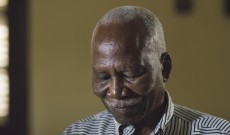


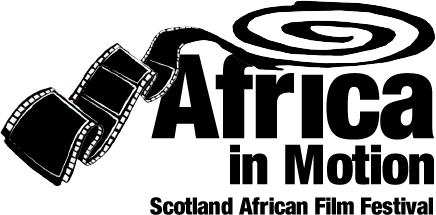

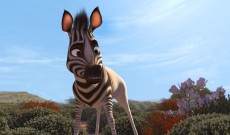
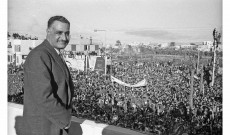
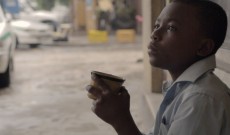

Comments
No one has commented on this page yet.
RSS feed for comments on this page | RSS feed for all comments